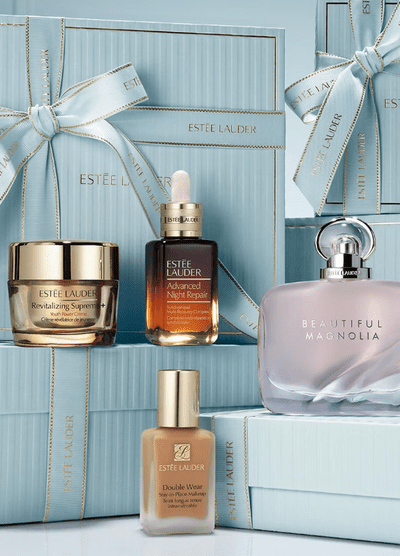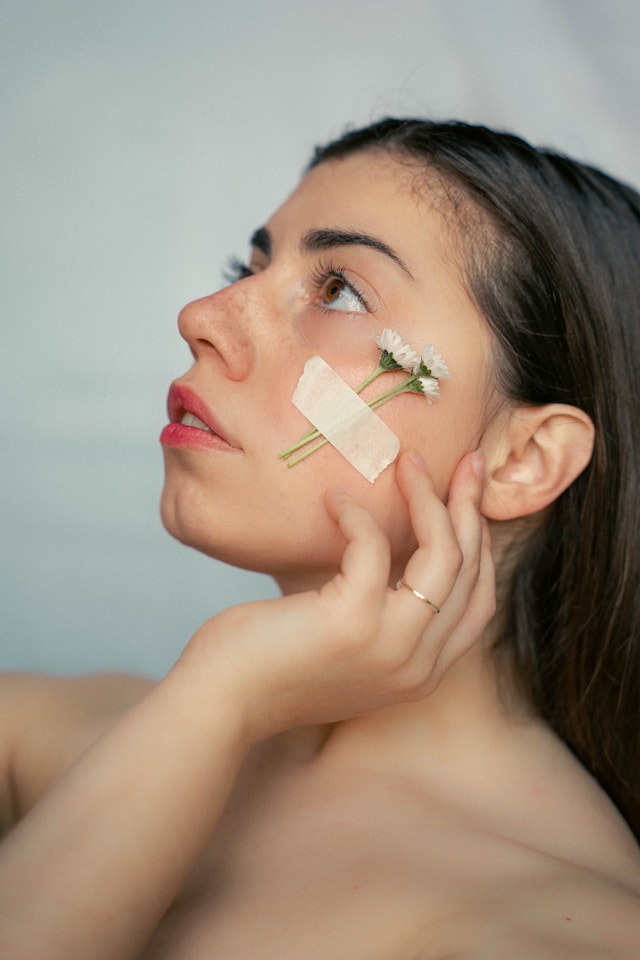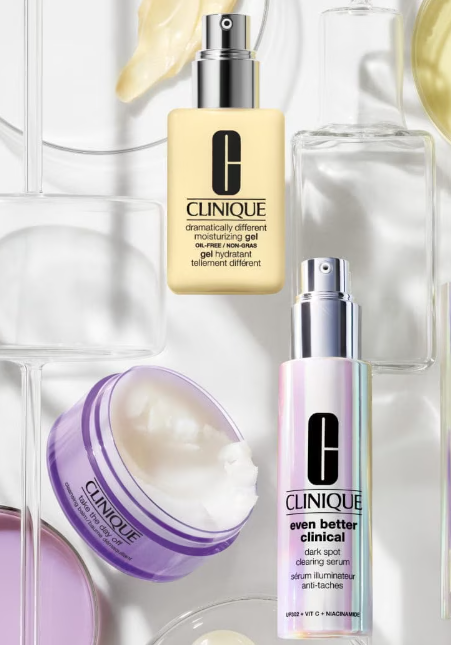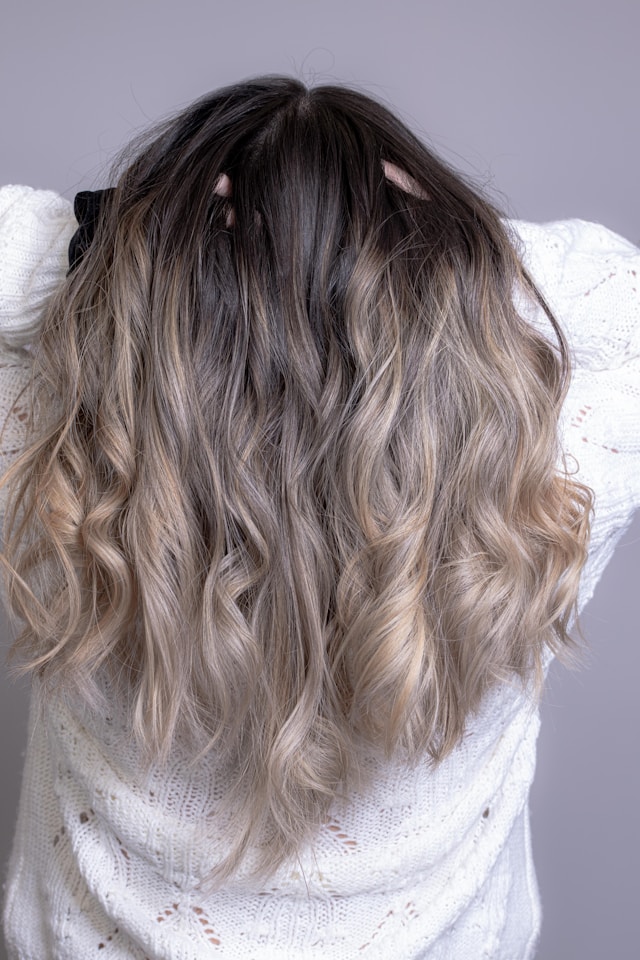Coconut, argan, and castor oil are well-known natural oils with a positive impact on hair. Each oil has specific benefits specific to hair type and issue. Some oils are better suited for moisturizing and frizz control, while others stimulate hair growth and scalp health. This comparison highlights benefits and advantages and tips for their best uses. Such information will help individuals choose the right oil for hair care.
Coconut Oil for Hair: Nature’s Deep Hydration Solution
Coconut oil has been famous for its wholesome properties, especially for dry, damaged, or coarse hair. Extracted from the coconut flesh, it is filled with medium-chain fatty acids, especially lauric acid. This content facilitates deep moisturizing and hair protection from roots to ends, with excellent moisture absorption. The ability of coconut oil to penetrate hair strands makes it a sought-after natural solution.
Benefits
Coconut oil works exceptionally well for very dry or damaged hair, providing hydration and moisture retention easily. It offers high nourishment, prevents protein loss, and preserves the strength and health of hair. Most useful for those with thick, curly, or textured hair, coconut oil lessens frizz, enhances softness, and enhances manageability. Additionally, this oil is useful for the scalp by removing pathogens linked to dandruff, reducing itchiness, and calming scalp inflammation. Further, coconut oil detangles hair, making care routines easier and reducing the likelihood of breakage.
Disadvantages
Coconut oil has several positive attributes; however, it might not be best for every individual’s hair. Its thick consistency might cause oily or fine hair to feel greasy or flat. Overuse can lead to a sticky residue that is hard to wash out, especially for fine hair. Overuse of the oil might also cause more sensitivity or inflammation of the scalp. For the best benefit, using a small quantity of coconut oil as needed for an individual’s hair and scalp is recommended.
Argan Oil for Hair: Liquid Gold for Shine and Protection
The beauty industry is very interested in argan oil, or “liquid gold,” because of its capacity to strengthen and repair hair. The nuts of the Moroccan native argan tree are used to make argan oil. Packed with antioxidants, healthy fats, and vitamin E, it is a big component of the skin’s care and protection. In Morocco, argan oil has long been used for cooking and beauty treatment. It is especially valued for shine for hair, frizz reduction, and general hair care.
Benefits
Argan oil is excellent in retaining moisture keeping hair hydrated and radiant all day. High fatty acid content seals the hair cuticles, thereby preventing split ends while leaving hair silky and easy to comb. Vitamin E is a valuable component that moisturizes hair, making it healthier, shinier, and more radiant. Argan oil also provides sun and environmental toxin protection, keeping hair safe from possible damage over time. The oil also soothes an itchy or dry scalp, thereby reducing dandruff and promoting scalp health.
Disadvantages
Argan oil is generally safe, but it can cause allergic reactions in those sensitive to tree nuts. Thus, those with such allergies should avoid using it. Argan oil, while lighter than some oils can, weighs down very fine hair, making it appear flat or greasy if overused. The secret is using a small amount of argan oil, as a little goes a long way. Although it moisturizes, argan oil might not penetrate as deeply as coconut oil for very dry hair.
Castor Oil for Hair: A Thick Solution for Growth and Scalp Health
Castor oil is thick and sticky. It’s well known for its health benefits, especially for helping hair grow and keeping the scalp healthy. Castor oil is a product of castor plant seeds. It has a lot of ricinoleic acid, which is a type of omega-9 fatty acid. This acid helps keep hair healthy and improves blood flow to the scalp. Castor oil has been used for a long time for beauty and health purposes. Many people look for it because it might help their hair grow thicker and fuller.
Benefits
Castor oil helps protect each hair strand by keeping moisture inside, which can stop hair from breaking. This is helpful for people with weak or damaged hair who need to make it stronger. The oil is thick, which helps it cover the hair and keep it moist for a long time. This reduces split ends and allows the hair to stay healthy overall. Castor oil can boost hair growth by enhancing scalp blood flow, although scientific evidence is lacking. Castor oil not only promotes hair growth but also effectively treats scalp issues by combating bacteria and fungi. It can help soothe dry, flaky skin on the scalp, lessen dandruff, and ease itching or irritation on the scalp.
Disadvantages
Castor oil’s thickness retains moisture but makes application and removal challenging, particularly for those with fine or straight hair. Using too much castor oil can make your hair oily and heavy, making it hard to handle. People with sensitive or irritated scalps should avoid excessive and frequent use of castor oil to prevent worsening their conditions. It’s important to use castor oil carefully and to clean well to prevent buildup.
The Verdict: Coconut vs. Argan vs. Castor Oil
Each of these oils has unique benefits, making them good for different hair types and problems. Knowing what your hair needs is important for choosing the right oil to use.
For Dry or Damaged Hair: Coconut and argan oils are best for hydrating and repairing hair, especially if it’s dry, damaged, or color-treated. Coconut oil deeply moisturizes, while argan oil is lighter and helps keep moisture in and adds shine.
For Frizz Control and Shine: Argan oil is great for reducing frizz and making hair shiny without making it heavy. Best for those with thin or medium hair, this product softens hair and adds moisture without weighing it down.
For Hair Growth:Castor oil is the best oil to help make hair thicker and encourage it to grow. Most evidence is based on personal stories, with many reporting positive changes in hair thickness and length.
For a Healthy Scalp: Argan oil and castor oil can help keep your scalp healthy because they fight germs. Argan oil soothes itchy scalps, while castor oil combats dandruff and scalp infections with its antibacterial and antifungal properties.
Ultimately, the best oil for you varies based on your hair type, scalp condition, and hair care goals. Using various oils or a unique routine can be the most effective way to achieve your desired results. Using the right oil can enhance your hair care routine by adding moisture, promoting growth, and improving scalp health.
Conclusion
Choosing between coconut oil, argan oil, and castor oil depends on what your hair needs and what type it is. Coconut oil is best for dry or damaged hair but cannot suit fine or oily hair. Argan oil is great for making hair shiny, reducing frizz, and making hair softer without weighing it down. Castor oil benefits hair growth and scalp health, making it a preferred choice for those looking to improve their hair. Trying with oils or blending them based on your hair’s requirements can improve hair health and manageability, representing specific issues.











